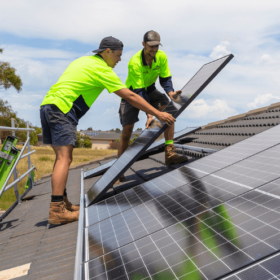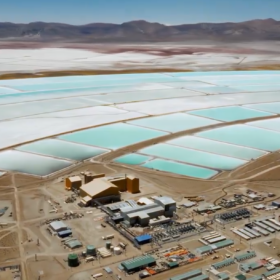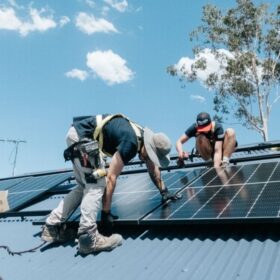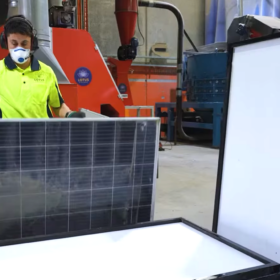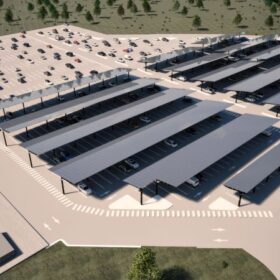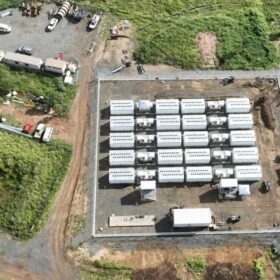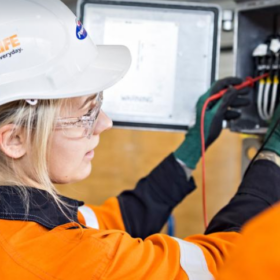New energy market rules rollout customer benefits and flexible control over usage
The Australian Energy Market Commmission has released new rules giving consumers more value from and control over their energy use while retailers get more options to bill individual consumer energy resources, such as electric vehicles.
Net Zero power shift hinges on consumer and distribution energy resources: report
A rapid uptake of consumer and distribution energy resources in Australia sets the stage for their role in the transition but if legacy operating systems don’t keep up the pace they risk falling short of delivering their potential, a new report finds.
Breaththrough technology cuts lithium extraction costs, boosts sustainability
A Melbourne startup has unlocked new potential to cut environmental and economic costs of lithium extraction and processing by delivering a proof of concept that produces battery grade lithium hydroxide using no water or chemicals and minimal energy.
Victorian rooftop solar uptake exceeds five million panels and 2 GW of power
Uptake of Victorian rooftop solar rebates sees five million individual solar panels installed across the state, doubling the output of the brown coal Yallourn power station to generate 2 GW of power to date.
Transmission service providers must toe the line on community engagement
Local communities and landholders can expect a high level of engagement from organisations that plan, build and operate transmission lines following the release of a new community engagement guide from the Australian government.
Australian solar panel recycler partners with Canadian silicon anode developer
Victoria-based solar panel recycling company Lotus Energy has signed an agreement with Canadian silicon anode developer Neo Battery Materials with aims to supply future North American electric vehicle and energy storage needs.
Symmetry Solar joins $12 million Defence Force solar carpark project
New South Wales-based commercial renewables solutions company Symmetry Solar has scored a role on the development of a $12 million dollar solar farm for the Australian Defence Force.
ClearVue integrated solar window tech cracks Middle East construction market
Smart building materials company ClearVue Technologies has cracked the Middle East and Indian construction markets after signing a five-year agreement with Qatar’s largest glass and façade manufacturer.
Genex Power $381 million takeover by Japanese utility J-Power is finalised
Japanese utility giant Electric Power Development Company, known as J-Power, has acquired Sydney-headquartered renewables energy and storage developer Genex Power with a $381 million deal backed by its shareholders.
Clean energy transition drives Queensland jobs growth
New data has revealed 2,750 clean energy jobs have been created in the last two years within six publicly owned energy businesses, putting the state on track to reach a forecast of 100,000 jobs by 2040.
